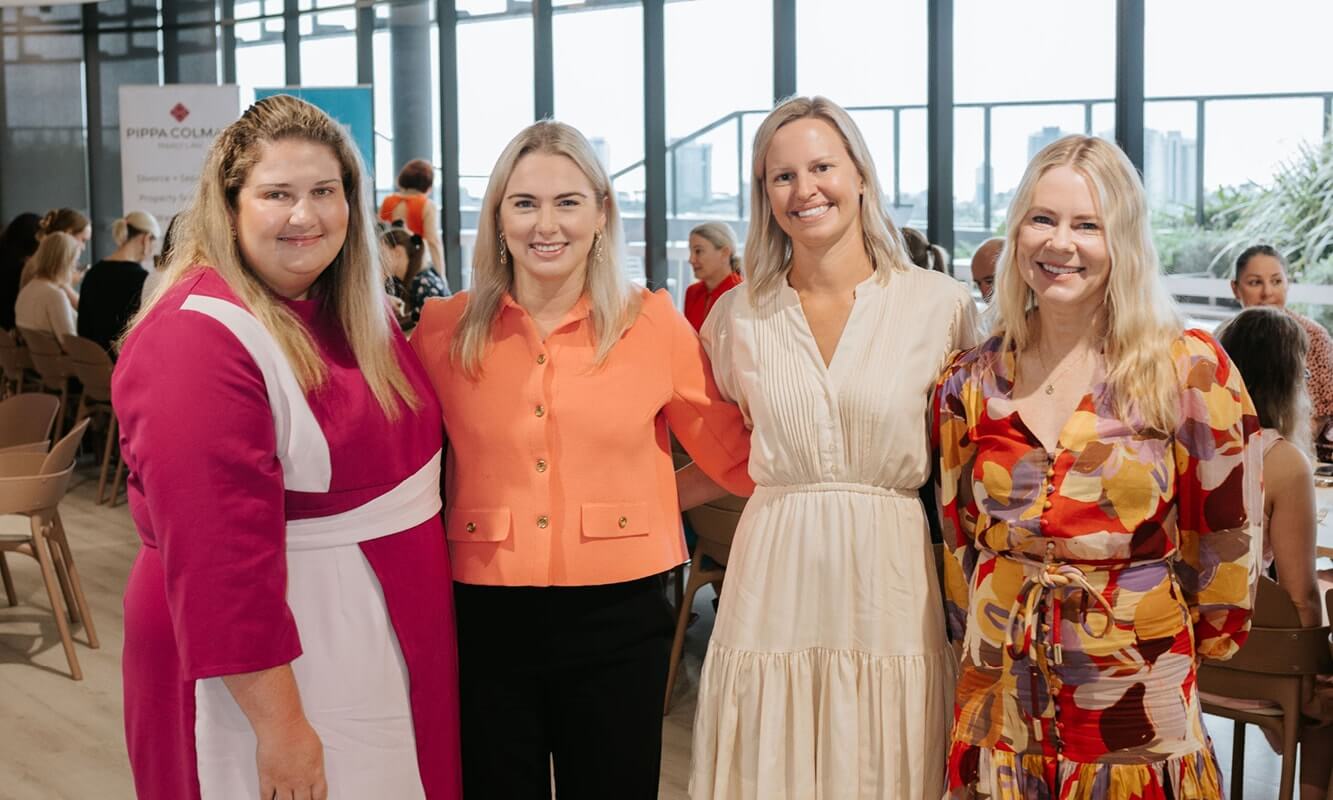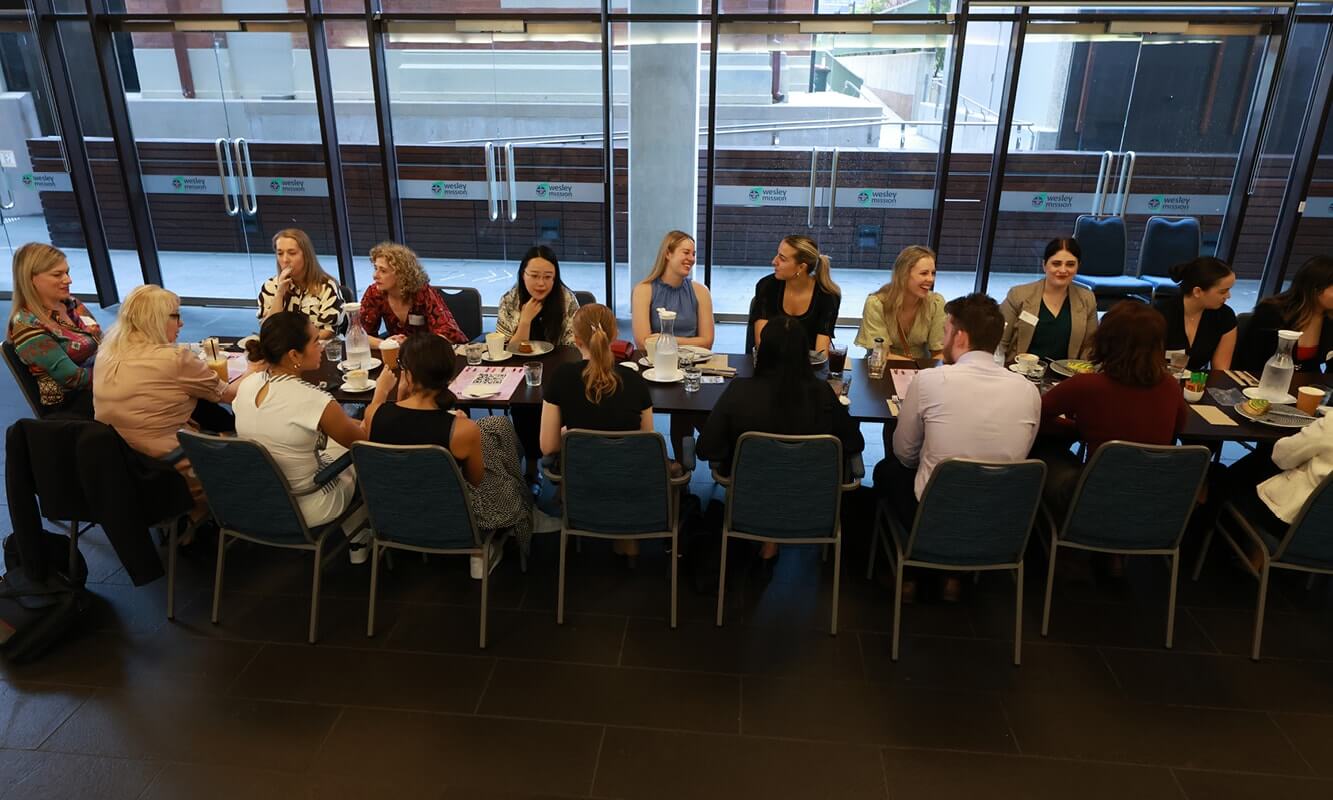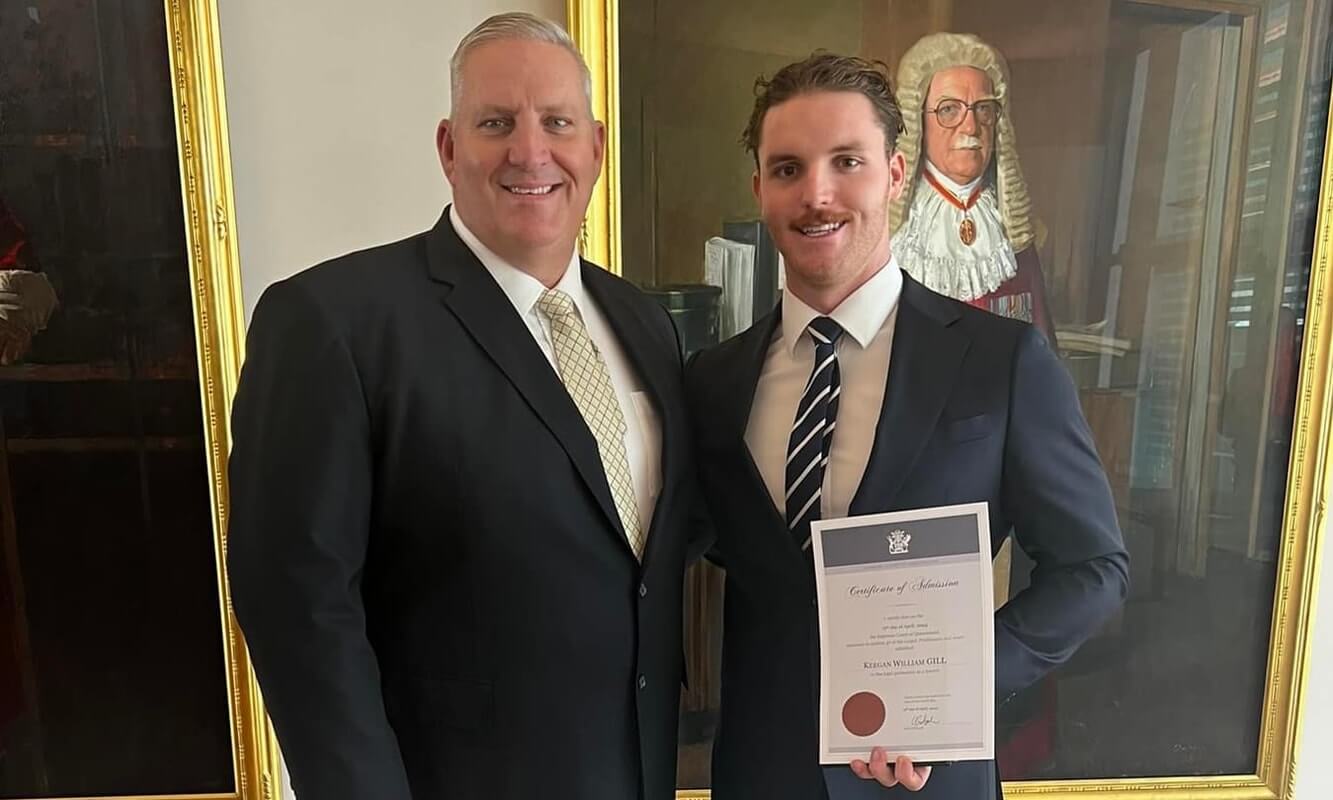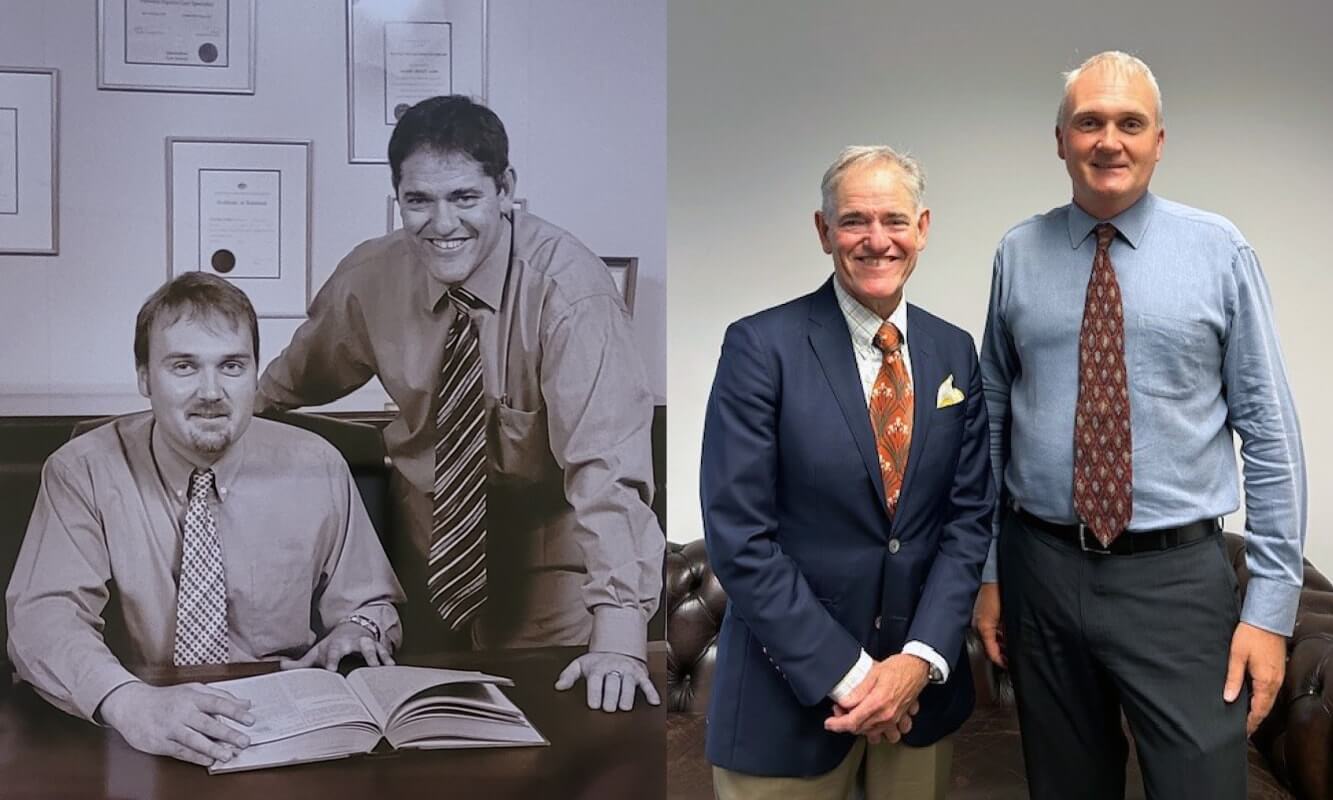According to the 2016 Australian Bureau of Statistics census, almost half of Australians belong to a culturally and linguistically diverse (CALD) background.
Some 26% of CALD Australians were born overseas and 19% had one or both parents born overseas; 21% of Australians spoke a language other than English at home.1
The Australian legal system is challenging to navigate, even for native English-speaking Australians, with all of its legal etiquette, jargon, procedures and rules of court.
For clients from a CALD background (which statistically could be 21 to 26% of your caseload), there are often extra layers of complexity to their matters. This can be due to language barriers, cultural differences, overseas assets and/or transactions; or other jurisdictional issues.
Being from a CALD background personally, I have had the privilege of assisting many CALD clients over the years. Developed through personal and professional experience, here are some practical ways that our profession can adopt to make legal assistance more accessible to the CALD population; in particular, those who either do not speak English at all, or who do not speak English to the level required to comprehend legal advice and legal concepts.
- Avoid legal advice being lost in translation
Law concepts and law terms are difficult or alien, even for those who speak fluent or native English. This is no different for interpreters or translators who are not lawyers by trade.
Be careful to always try to use simple English to explain your legal advice so that the interpreter can first comprehend what he/she is required to interpret.
- One sentence at a time
At the start of a conference, set the ground rules regarding how the meeting will be conducted.
Ask the interpreter to translate one sentence at a time. Continually check that the interpreter fully comprehends each sentence they are required to interpret. This ensures that the interpreter is indeed interpreting all of the client’s instructions and also all of your legal advices in full and not just providing a summary or the ‘gist’ of what was said.
It is also helpful to let the client know in advance that the pace of the meeting will be slower because translations are needed. This gives the client clear expectations that you will address all of their issues, one sentence at a time.
- Take notes
Because clients have more time in between sentences being translated, their thoughts may diverge or they may think of other matters which are pressing issues to them that they want to raise immediately, but you are still midway through another issue in their matter.
For this reason, I always provide my client with pen and paper. I explain to the client that, during his/her ‘waiting time’ in between translations, if any questions pop up, then he/she should jot them down so that I can answer those questions at the end.
This will ensure that, rather than being interrupted while either you or the client is in mid-sentence, the client can be assured that their questions will be duly answered one by one at the end.
- Paraphrase as you normally would
It is natural during conversation in meetings that techniques such as paraphrasing are used to confirm understanding of what the other person is communicating.
Remember that, for the client, they have no other way of ensuring that what they have said has been interpreted by the Interpreter correctly. They have no idea if what they said has been lost in translation.
While this may be time consuming in a conference which already takes up to double the amount of time due to the use of interpreters, it is even more important that you paraphrase, or in some way show to your client that their instructions have been well understood.
Similarly, it is important that you check that your client has understood your advice, through the Interpreter.
- When clients don’t answer your question
Sometimes, a client may continue to reiterate a point he/she has already raised rather than answering further questions that I had for them. In other cases, clients will keep repeatedly asking for a particular point of advice he/she is after, even if I have answered them or I have told them that their question relates to a different area of law which I do not have expertise in.
This is potentially due to how they have learnt to operate in a society which, although their new home, is foreign to them. They may spend a lot of time thinking about how they can present their questions most directly by drawing down to the one or two ‘critical questions’ they need answers to.
However, as their lawyers we can assist them in more holistic ways, and often we require more information from them before we can properly answer their question(s).
I have found it helpful to provide reassurances along the way that you will answer their question; however, in order to do so, you need more information from them.
- Refer them to your CALD learned friends
There may be times where the cultural and language barriers may be so great that it is simply too difficult to take on the client’s matter. The client may incur exorbitant fees due to longer consultations being required and the ongoing costs of engagement for an interpreter and a translator.
It may be beneficial for all parties involved to check whether there are practitioners who speak the client’s language and also practise in the area of law required.
[Editor’s note: Practitioners are reminded that they cannot act for the client as well as be their translator or interpreter in a matter. There is some complexity in managing this issue. Please refer to the QLS Ethics and Practice Centre and the Lexon LastCheck – CALD (in the client intake material) for more information.]
A future claim against you can be avoided for any issues arising from complexities of advising a client who does not speak fluent English.
As our society continues to become more diverse, it will become more and more likely that you will encounter CALD clients seeking legal assistance from you. Let us all as a profession equip ourselves in serving all within our communities, including those from a CALD background.
Dora Ko is a Senior Associate at Hartley Family Law. She is a first generation migrant from Hong Kong. Dora speaks fluent English, Chinese (Cantonese), Chinese (Mandarin) and conversational levels of Japanese. Dora is an experienced family lawyer having worked in private practice and also at community legal centres. Dora regularly acts for clients who are recent migrants or visa holders and who do not speak fluent English.
Footnote
1 ABS 2017b. Census reveals a fast-changing, culturally diverse nation. Canberra: ABS. Viewed 3 November 2017.














Share this article